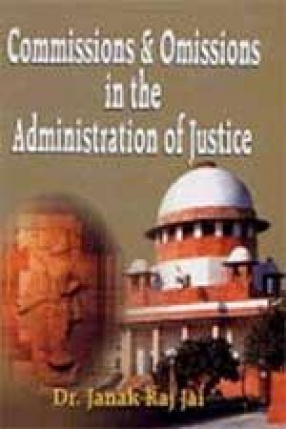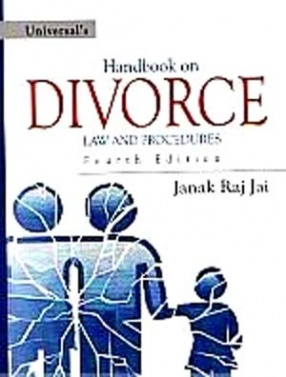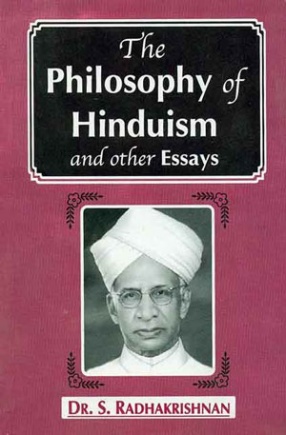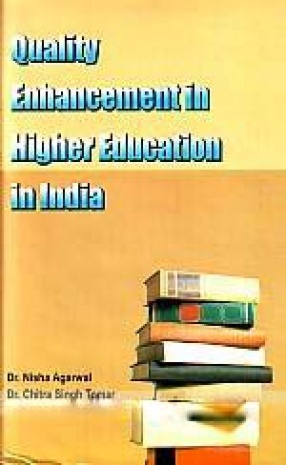The present book, in two parts, is a unique work done by the author. Part I contains 9 chapters on different topics including confrontation between the legislature and judiciary; Justice Eclipsed during Emergency; Keymen of Emergency; independence of Judiciary and Appointment of Judges; Presidential Power to Pardon; President’s Power of Reference under Article 143 of the constitution, and Justice Delayed Justice Denied. For the past more than fifty years the courts of our country including the Supreme Court of India have been of our country have tremendous faith in this institution. There has been a three tier system in the administration of justice. We have subordinate courts, which are the foundation of the judicial system. Then we have the High Court in each state entertaining appeals, revisions and the writ petitions. If the aggrieved is not satisfied with the order of the trial court, the concerned High Court is still not satisfied with the High Court decision, then there is Supreme Supreme Court hearing the appeals filed against any judgement of the High Court in the country. The judgement passed by the Supreme Court is final in all respects and is binding under Article 141 of the Constitution on all the High Courts in the country. In many cases more reforms in the law have come from the Supreme court than the legislature. But at the same time, the Supreme Court has not been consistent in its pronouncements, in some cases. There the justice certainly gets injured. The Supreme Court judements have got to be consistent, because they have to be followed by all High courts and the subordinate courts in the country. The author has made an earnest effort to critically examine some such judgements, which lack consistency, in Part II of the book. About 30 judgements concerning various branches of law, including Contempt, Capital Punishment, Suicide, Rape, Illegal Detention, Police atrocities, Prison Administration and Deplorable Condition of Care Homes have been critically examined. There are also cases where the Supreme Court has come to the rescue of the poor, and helpless people, who would have suffered for all times to come but for the timely intervention of the apex court. The book throws a flood of light on the working of the courts at all levels and the manner in which day-do-day justice is administrated to the aggrieved persons of free India in accordance with the provisions of the law of the land. The book is a must for judges, lawyers, law teachers, law students, the social activists, and the intellectuals belonging to various other fields.
Commissions & Omissions in the Administration of Justice
$53.10
$59.00
In stock
Free & Quick Delivery Worldwide
All orders amounting to US$ 50 or more qualify for Free Delivery Worldwide. For orders less than US$ 50, we offer Standard Delivery at $14 per book.
ABOUT THE AUTHOR Janak Raj Jai
Dr. Janak Raj Jai, born on 23rd August, 1931 at village Ramdas, District Amritsar (Punjab), is graduate from University of Punjab, Master in Hindi Literature from University of Delhi, Master of Laws from Nagpur University, Diploma in journalism from Bharatiya Vidya Bhavan and Doctor of Philosophy in Law from University of Delhi. He is Life Member, Indian Law Institute New Delhi, Authors guild of India, P.U.C.L., (People Union for civil Liberties), Chairman, Family conciliation Service Centre and has been connected with various social organizations. The author has been close to the corridors of power for a long time, having been associated with Pandit Jawaharlal Nehru, Indira Gandhi and Vishwanath Pratap Singh. He has been teaching Law at the Faulty of Law, University of Delhi, and Amity Law School, for a number of years. For the past more than three decades he has been in the legal profession and is presently practising in the Supreme Court of India, and High Court of Delhi. He has been felicitated by the Chief Justices of India, Justice Dr. A.S. Anand and Justice B.N. Kirpal for his writings. He underwent detention under MISA during emergency for about 20 months for opposing the imposition of emergency. He has to his credit 20 books on various subjects including Law and Politics. To mention a few: Commissions and Omissions by Indian Prime Ministers; Commissions and Omissions by Indian Presidents and their conflicts with the Prime Ministers under the Constitution; Gowda-Ahmadi: Midnight Meet? Emergency Excesses: A Daylight Robbery of Human Rights; Assault on Judiciary; Political Trends – Revival of Two Party System; Bail, Law and Procedure; Compensation under the Motor Vehicles Act; Tehelka.com – A Tip of the Iceberg; Rise an Fall of Deve Gowda: A Constitutional Breakdown; Presidents of India.
reviews
0 in total
Review by Anonymous
Be the first to review “Commissions & Omissions in the Administration of Justice” Cancel reply
You must be logged in to post a review.
Bibliographic information
Title
Commissions & Omissions in the Administration of Justice
Author
Edition
1st ed.
Publisher
ISBN
8187498870
Length
xi+530p., Col. & B/w Plate; 26cm.
Subjects






There are no reviews yet.